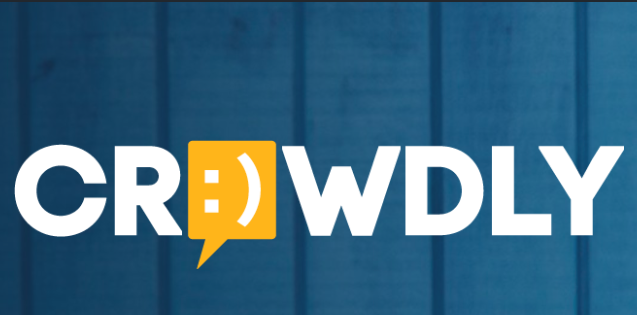Up until now, the traditional healthcare system hasn’t been geared towards millennials who crave convenient, personalized and engaging experiences. When feeling sick, they would rather suck it up and buy over-the-counter remedies than visit a doctor during working hours, pay the $25+ copay and sit in a waiting room for their entire lunch break. Recently, however, there has been a massive shift in the healthcare industry towards more consumer-driven care and experiences. With innovative startups entering the market and the traditional brands expanding their offerings to meet consumers’ needs, there is a great opportunity to attract the younger demographics and earn their loyalty.
There are a handful of new healthcare startups breaking ground and growing quickly. My office has been visited by two of these startups in the past year, one of which I took advantage, and loved my experience. Floss Bar, a remote dental care company out of New York, visits offices small and large and offers cleanings and whitening services. They set up in whatever conference room you have available and accept most insurances. All I had to do was take a quick break from my desk and walk down the hall for a high-quality cleaning. Ta da! The other company that visited our building was a remote optical care company called 2020. Their mobile vision centers park outside and you walk in for an eye exam. One Medical is another new brand that has met consumers’ wants and needs by providing subscription-based healthcare to its patients. They also has an app where you can video chat with a provider and follow-up with them for care instructions, all via mobile.
More traditional brands are making big moves, too. CVS has introduced a new concept called the HealthHUB, a services-oriented offering that will take over space in their store locations. HealthHUBs will offer yoga classes, diabetes testing and more and CVS hopes their hubs are a step in the right direction towards becoming a one-stop shop for consumers. Their efforts have been noticed and in a recent survey by Brand Keys, consumers voted CVS as one of the “Most Innovative Tech Brands” in 2019. Walgreens is another vintage brand joining the movement, incorporating more services into their stores as well and focusing on being a center for “neighborhood care.”
These new innovations and brand value revamps have demanded creative ad campaigns and modern marketing efforts to increase awareness and engage consumers. Just in this past year, the healthcare industry, including over-the-counter and prescription drugs, remedies, healthcare providers, hospitals and optical goods, spent $12.7 billion on measured media. The brands that can get the word out there about their new and expanded offerings and provide consumers with excellent service will win their loyalty and ultimately the business of their friends and family. Like all others, the healthcare industry spreads through word-of-mouth recommendations from trusted sources and it is essential that these brands develop a robust and authentic word-of-mouth strategy in order to be successful.

